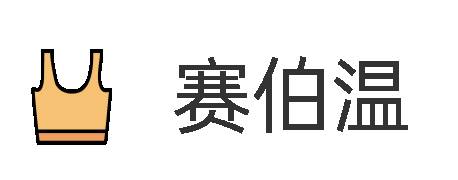verymuch表示“非常”,是副词短语,用来修饰动词和形容词。verywell表示“非常好”,它有两个用途:一是表示人的身体很好,是形容词性短语,只限于表示人的身体好。二是表示“很好地”,相当于一个副词,用来修饰动词和形容词。
many和much的区别主要是1、many修饰复数可数名词,表许多;much修饰不可数名词,表量或程度。
hehasmanyfriends,butfewtrueones.
therehasn'tbeenmuchgoodweatherrecently.

2、manya:
manya和many同义,但语气比较强,并且要与单数名词及单数形动词连用。
manyaprisonerhasbeensetfree.(=manyprisonershavebeensetfree.)
3、asmany和somany均等于thesamenumberof。前有as,like时,只用somany。
thesearenotallthebooksihave.theseareasmanymoreupstairs.
theyworkedlikesomanyants.
4、asmuch等于thesameamountof,表同量和同一事情。
heboughttwopoundsofsugarandasmuchtea.〔同量)
iwasnotintheleastsurprised,forihadfullyexpectedasmuch.〔同一事情)
5、many和much之后不接名词时,作为代名词;另外much也可用副词。
manyofthemwereverytired.
idon'teatmuchforlunch.
heismuchtallerthani.
6、many修饰可数名词复数,如:therearemanypeople.
much修饰不可数名词复数,如:ihavemuchmoney.
7、many作代词代表可数名词,如:manyofthestudentshavegreatresults.
much作代词代表不可数名词,如:muchoftheairisfresh.
8、much还可以修饰动词,many不行。
如:iloveyousomuch.
9、much还可以修饰比较级,many也不行。
如:he'smuchtallerthanher.
it'smuchmoredifficultthanyouthought.
原文标题:very well和very much的区别,如若转载,请注明出处:https://www.saibowen.com/wenda/5594.html
免责声明:此资讯系转载自合作媒体或互联网其它网站,「赛伯温」登载此文出于传递更多信息之目的,并不意味着赞同其观点或证实其描述,文章内容仅供参考。

 微信扫一扫
微信扫一扫